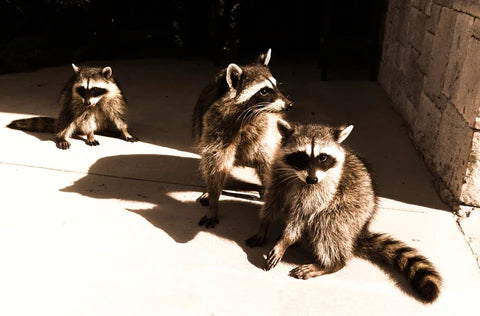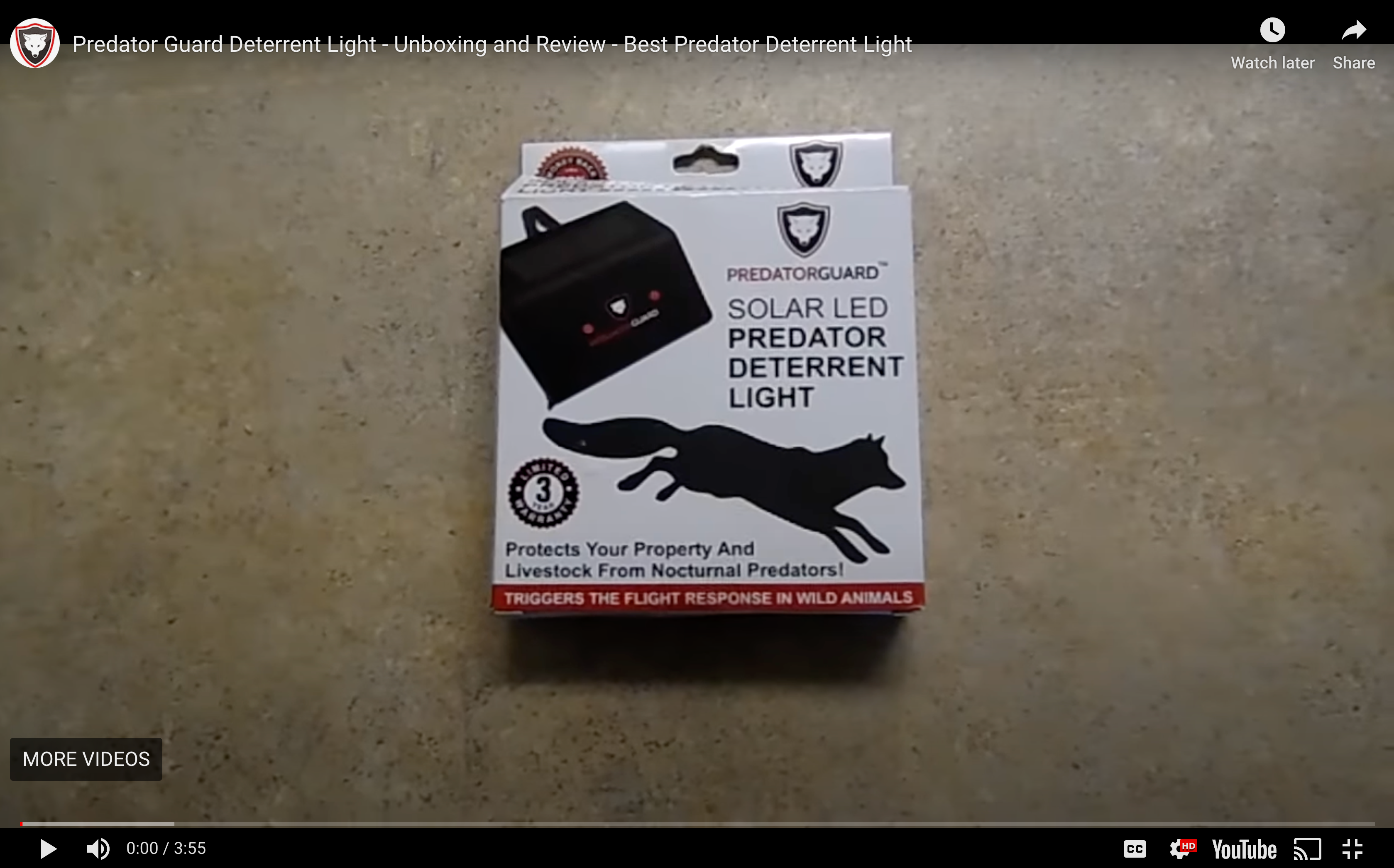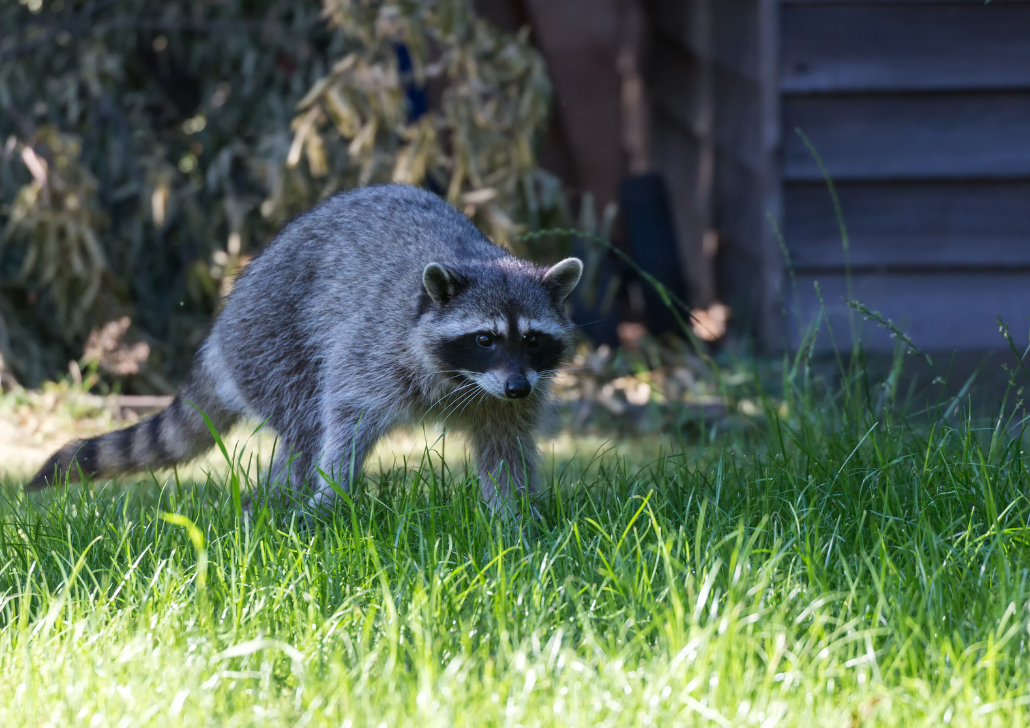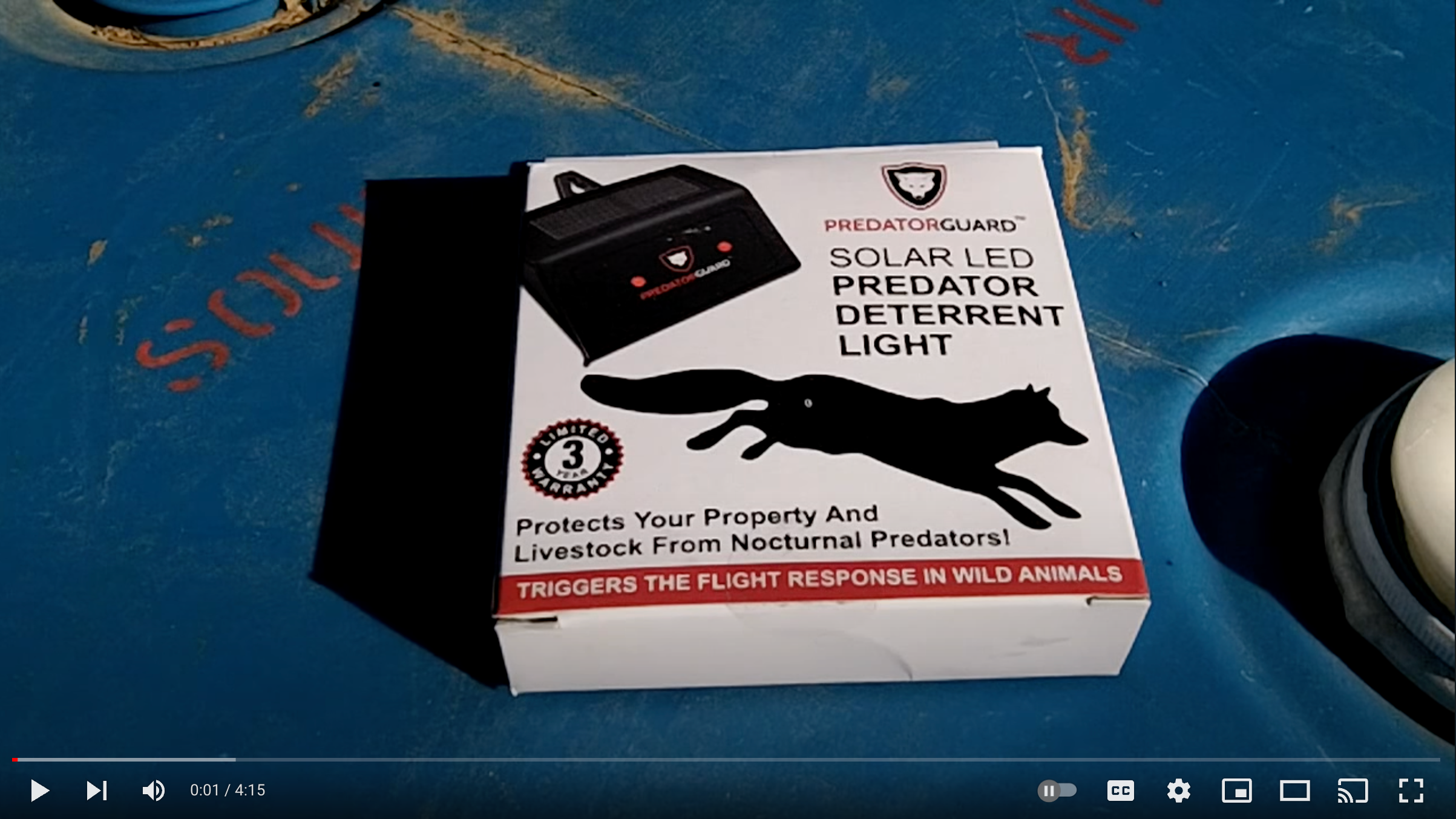How to deal with urban wildlife

Urban or semi-urban wildlife, like all other animals, are seeking food, water and shelter for their families. Whether we live in the suburbs, a city, or a quiet rural community, one thing is for sure: the wild animals around us are part of a complex ecosystem or habitat that includes not only ravines and woods, but streets, parks, backyards and construction sites.
There are several factors that tend to drive wild animals towards urban and semi-urban environments. First, the loss of habitat makes survival for some animals more difficult, driving them into previously unexplored territory. Second, the human-provided food sources in urban and semi-urban environments are abundant, and readily available. Like all animals, wildlife love an easy meal. If a regular, dependable food source has been found, urban wildlife will keep returning to that place. This situation can almost always avoided by applying some basic, common-sense techniques.
To prevent urban wildlife habituation:
- Do not feed wildlife. This shows animals that humans are a valid food source. We want them to believe the opposite. Table scraps and leftovers should never be left outside.
- Keep pet food indoors. Pet food left outdoors can attract wildlife to your property and can cause territorial behaviors to develop around that food source.
- Remove bird feeders and excess bird seed from your lawn. Bird seed will not only attract birds, but rodents, rabbits and squirrels too, which will in turn attract larger, predatory animals.
- In the summer, remove fallen tree fruit. This attracts rodents, which will in turn attract larger, predatory animals.
- Keep cats indoors. From a coyote's perspective, there is no discernible difference between a cat and a groundhog.
- Secure garbage and compost with tight fitting lids, ideally making them inaccessible to scavenging animals.
- Rinse all recycling food containers well.
-
Keep a clean and tidy yard. Remove old woodpiles and keep sheds in good repair.
The best predator deterrent methods are often simple, common-sense management techniques that can be applied in your yard or around your home.




